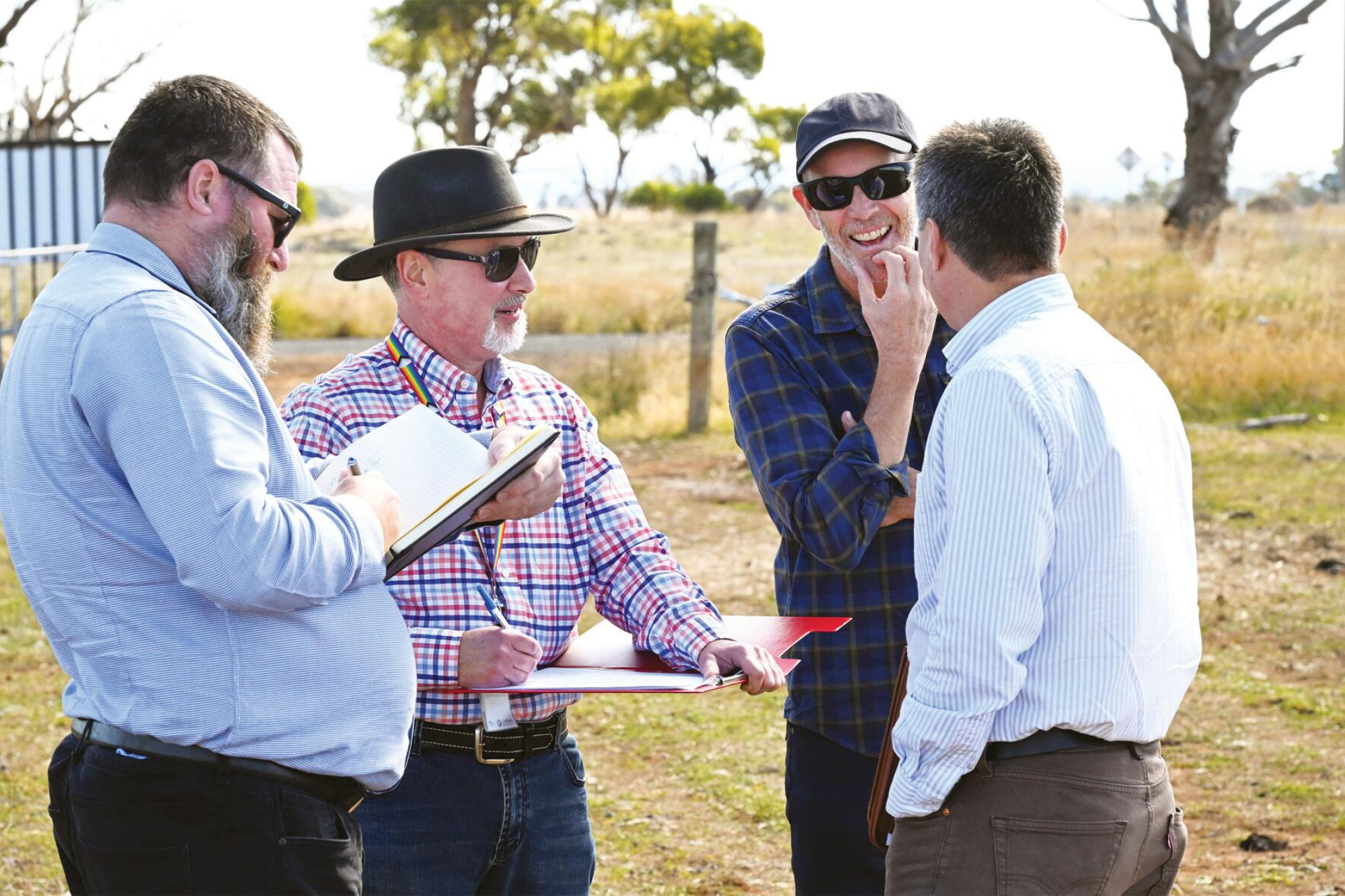Agriculture
25 May, 2024
Sludge to fertiliser: chemical-free plan
CHEMICALS will not be used at a 613-acre farm to be turned into a biosolids base by Coliban Water. The Wimmera Highway property could see biosolids from any of Colban’s 16 water reclamation plants arrive by the truck loads. Timelines for...

CHEMICALS will not be used at a 613-acre farm to be turned into a biosolids base by Coliban Water.
The Wimmera Highway property could see biosolids from any of Colban’s 16 water reclamation plants arrive by the truck loads.
Timelines for development of the site bought by Coliban last month but still being used by the Halal-linked Avicenna Farm under investigation by Agriculture Victoria are not available.
Coliban’s chief officer assets and operations Danny McLean said a major by-product of the wastewater treatment, biosolids were an organic, nutrient-rich fertiliser for use on farms on farms in the region.
“Across our network, the production of biosolids helps us contribute to a circular economy and deliver benefits to our customers, communities and the environment,” he said.
Mr McLean said that during sewage treatment, micro-organisms digested the sewage, breaking down the original organic solids that have been discharged into the sewerage system.
“This leaves effluent and a solids component, known as sludge.
“The water content of the solids is then reduced, usually by passing through mechanical processes. These solids are then dried and stockpiled, producing biosolids ready for application to agricultural land.
“Biosolids consist of dead micro-organisms, a small portion of active microorganisms, and inert solids which have come down the sewer.
“Dried biosolids typically have the consistency of soil or compost. No chemicals are used as part of the biosolids process.”
Mr McLean said Coliban’s biosolids facility on 10 acres at Dunolly, opened last year, could receive deliveries year-round but “most biosolids processing, drying, and stockpiling only occurs during the warmer months”.
“During these months, approximately two to three truckloads per day can arrive at the site. These deliveries are intermittent and usually last for a period of two to three weeks at a time,” he said. “The Dunolly base receives approximately 3000 tonnes of dried biosolids annually, and it is stockpiled before beneficial reuse.”
Mr McLean said the Newbridge base would be managed and operate within all relevant planning and Environment Protection Authority Victoria obligations.
“While we have purchased the land with the intention of using it for a biosolids base, no project timelines are available at this early stage. As the project progresses our usual project engagement with the community will occur.”